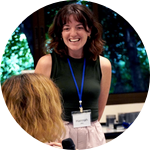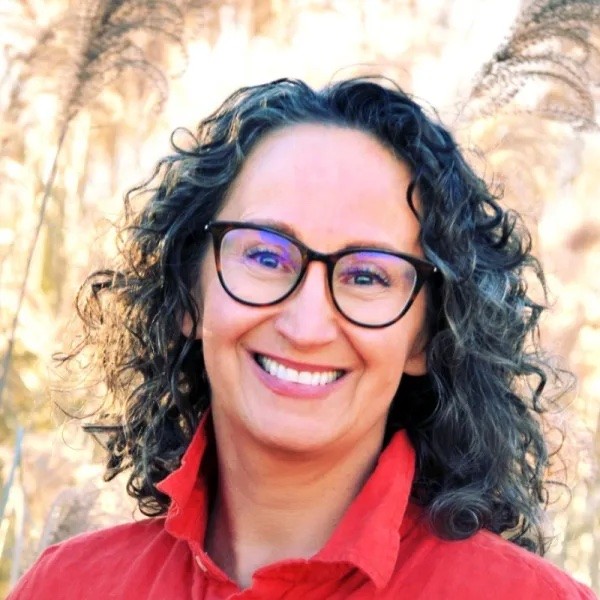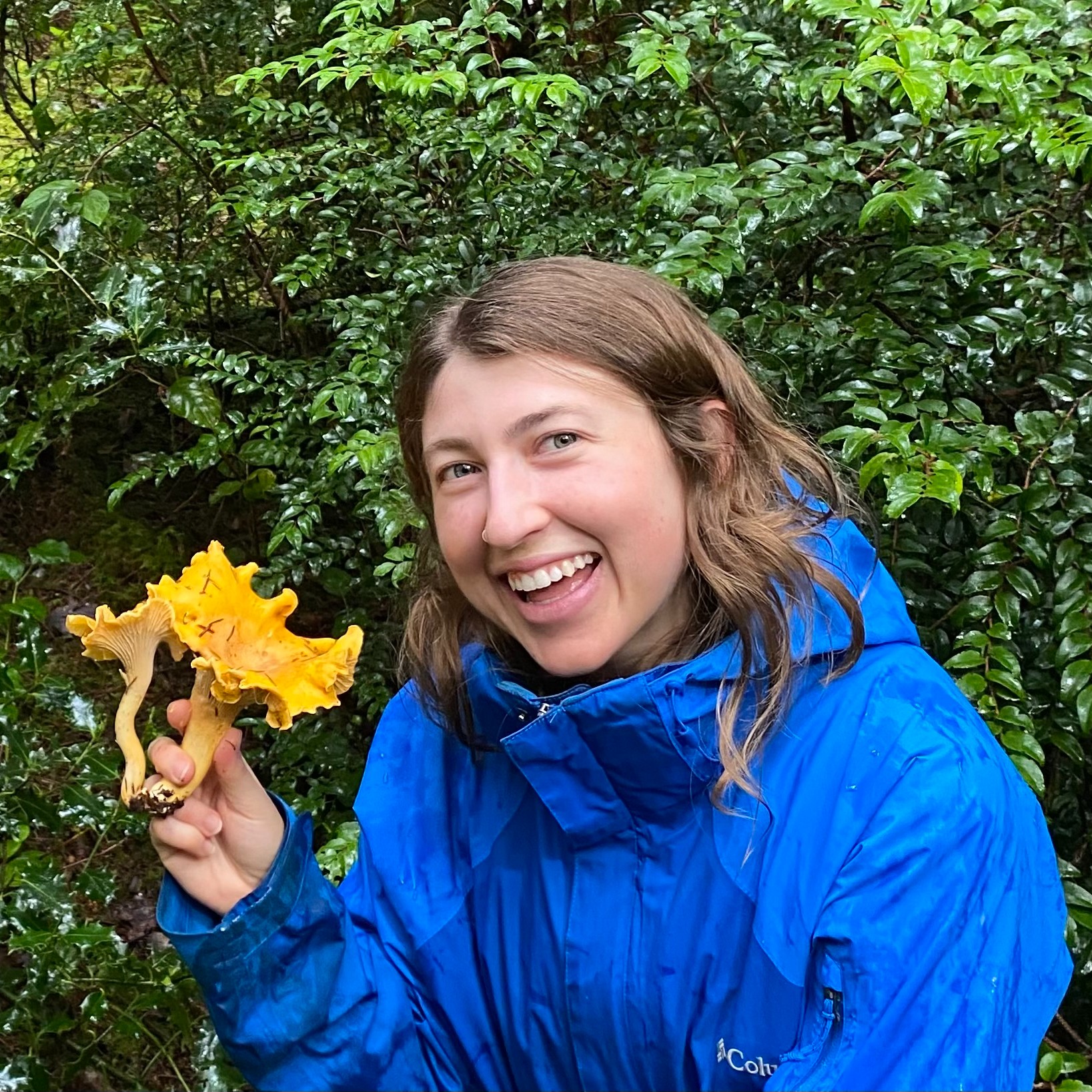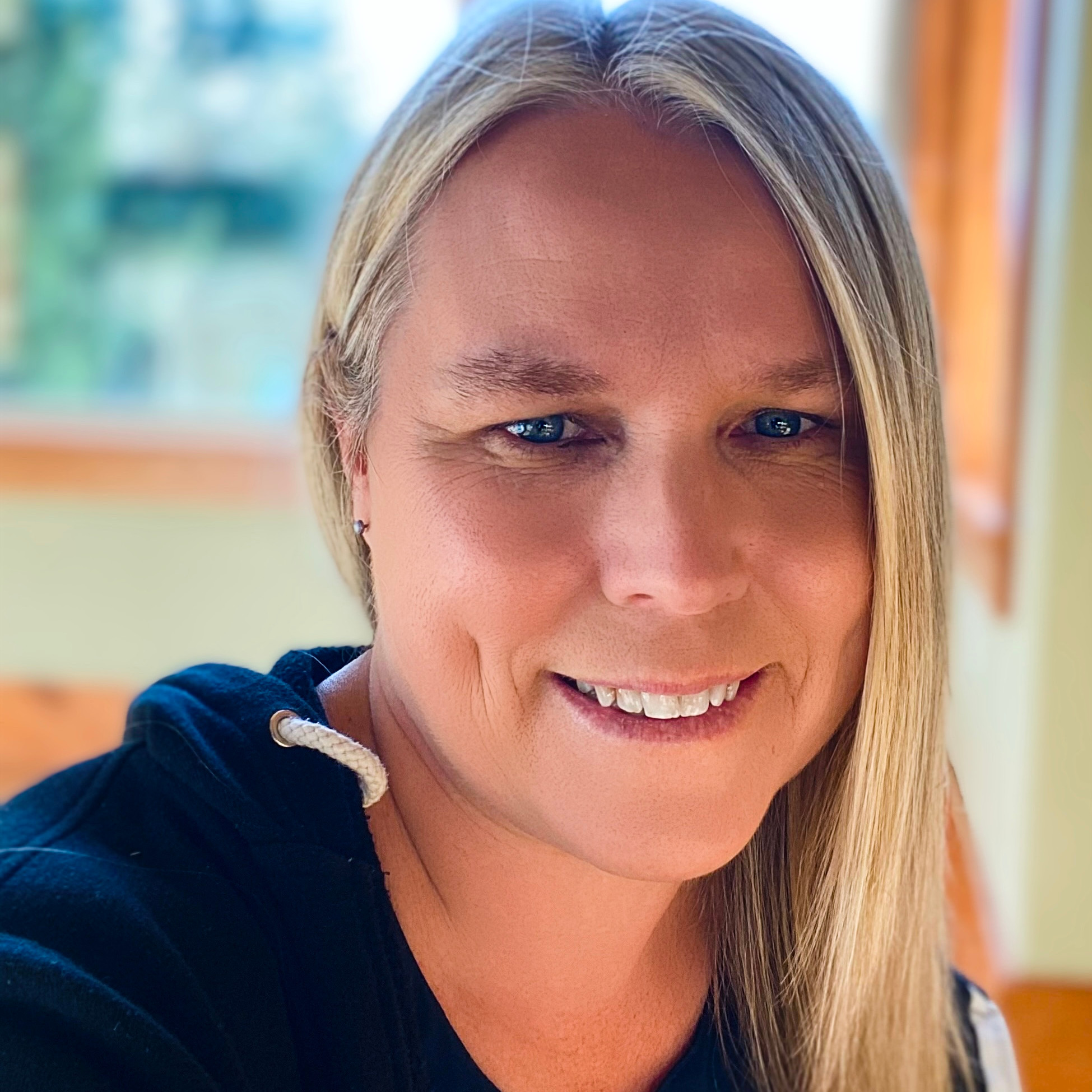About This Project
The production and application of biochar simultaneously achieves carbon removal and sequestration. The Global Biochar Atlas will bridge the gap between research and application by creating a decision support toolkit that helps stakeholders apply the right biochar in the right place to improve ecosystem, economic, and climate outcomes. This project aims to provide proof-of-concept in Mexico to support fundraising and outreach to scale the Atlas to global audiences.
Ask the Scientists
Join The DiscussionWhat is the context of this research?
Biochar, a carbon-rich material from low-value biomass, is recognized as an effective carbon dioxide removal technology. It has the potential to sequester up to 6% of global emissions annually—equivalent to 3.1 gigatons of carbon dioxide. Despite benefits like improved soil health, higher crop yields, and reduced greenhouse gas emissions, biochar adoption is limited because variability in its properties limits the ability to strategically apply biochar to address soil and crop needs. Solutions that pair biochar properties with biochar function are critical for overcoming these barriers and helping biochar realize its climate, agronomic, and economic potential. The Global Biochar Atlas project is one such solution to scale biochar markets and provision ecosystem services.
What is the significance of this project?
One-third of the world's soil is degraded by agricultural practices, causing significant productivity loss. Biochar mitigates this by improving water retention and fertility, increasing organic matter, and stabilizing soil. However, biochar adoption is limited by variability in its properties with differing effects across different soils. The Global Biochar Atlas will address this by providing a decision support tool that helps farmers adopt biochar confidently to improve soil health, boost yields, and support sustainable agriculture. By bolstering biochar adoption, the Atlas supports large-scale carbon removal, essential for meeting climate goals. This project bridges knowledge gaps and promotes equitable access to climate-smart solutions, enhancing resilience and productivity globally.
What are the goals of the project?
The Global Biochar Atlas pilot aims to: (1) build a comprehensive database of biochar properties from Mexican biochar production facilities; (2) develop a Biochar Selection Tool offering site-specific recommendations based on local soil data and crop needs; (3) promote large-scale carbon removal by supporting biochar use in sustainable agriculture; (4) demonstrate the Atlas’ utility in Mexico and gather lessons on creating biochar decision support tools outside the US for (5) developing a roadmap for the expansion of the pilot to global biochar users to bridge the gap between research and application, fostering climate resilience and sustainable development worldwide.
Budget
Project management and outreach will include webinars, emailed newsletters and social media outreach to inform biochar producers in Mexico of the opportunity to have their biochar tested and included in the Global Biochar Atlas pilot. Providing shipping and analysis of biochars removes a potential barrier to participation and ensures that all biochars are analyzed according to standard methods. Reagents and consumables are needed to analyze biochar samples and gather physical and chemical property data. We will present the biochar database and preliminary tool in a workshop during the ECI Biochar IV conference to gather feedback from international collaborators and other stakeholders to improve accuracy, user interface, to build partnerships, and to develop a roadmap for scaling the pilot globally.
Endorsed by
 Project Timeline
Project Timeline
To develop the Global Biochar Atlas pilot in Mexico, we will recruit biochar producers in Mexico to submit samples for analysis, compile the data into a database, and create a website hosting decision support tools. These tools will be presented at the ECI Biochar IV conference in May 2025 for feedback. During this conference, we will meet with international collaborators to plan the creation of the Global Biochar Atlas. The final website and tools will be officially launched in October 2025.
Oct 25, 2024
Project Launched
Apr 30, 2025
Build website and online decision support tools using a database with biochar sample properties and Mexico’s soil data from open source databases
Apr 30, 2025
Recruit at least 20 biochar producers to submit samples for analysis and inclusion to be analyzed and included in the database of the Global Biochar Atlas pilot database for Mexico
May 31, 2025
Present the Mexico pilot at ECI Biochar IV workshop to collect feedback from our target audience including agricultural producers and other stakeholders.
Sep 30, 2025
Present the Global Biochar Atlas Pilot and final Global Atlas roadmap at the NABC Sept. 2025 conference for feedback.
Meet the Team
Affiliates
Team Bio
The Trippe Lab and IBI are partnering to create a Global Biochar Atlas to support biochar applications in agriculture. The Trippe Lab regularly analyzes agriculturally relevant biochar properties, and has created the PNW and US Biochar Atlases to guide agricultural applications of biochar that will provide the greatest soil/crop health, and climate benefits. IBI collaborates with a broad spectrum of organizations to internationally advance biochar use and disseminate information on biochar.
Valeria Araico
Valeria brings over a decade of diverse experience in NGO management, administrative coordination, and project management. With a strong background encompassing organizations such as Amnesty International, Population Council, Conservation International, and The Next 150, Valeria has effectively managed administrative, operations and HR functions at country-level offices. Her expertise extends to project management, where she ensures project execution through meticulous monitoring.
With a background in international relations and continuous professional development, Valeria brings a wealth of expertise and a relentless drive for innovation. She has spearheaded strategic initiatives and ensured smooth office operations across various organizations, reflecting her passion for driving positive change and fostering collaborative work environments.
Wendy Lu Maxwell-Barton
Currently serving as the International Biochar Initiative Executive Director, Wendy Lu’s professional background and personal passion are centered on advancing climate change solutions. She has focused for the decade on regenerative, climate smart agriculture and clean energy. Previously, Wendy Lu led the North American Coalition for Insect Agriculture as it transitioned from a volunteer-led organization into a professional industry association with over 250 members based in 12 countries.
A returned US Peace Corps Volunteer (Ukraine), Wendy Lu also spent more than a decade in international development, working with UN agencies, including WHO, UNICEF, UNDP, and IOM, as well as international development organizations such as Habitat for Humanity International.
Wendy Lu has a Masters degree in international and intercultural communications.
Rachel Baschieri
Research Fellow at the USDA-ARS in Corvallis, OR. She has managed the US Biochar Atlas project for nearly two years by working with a biochar research team to analyze biochar properties, assemble a database, and code a decision support tool that matches biochar properties to soil health and crop requirements. Rachel is passionate about greenhouse gas reduction technologies and looks forward to collaborating with international teams to advance biochar research and adoption.
Kristin Trippe
Kristin Trippe is a Research Microbiologist with the USDA Agricultural Research Service and a Courtesy Faculty member at Oregon State University. She specializes in applied soil microbiology, soil restoration, and biochar, focusing on microbial processes that enhance agricultural productivity, reduce costs, improve ecosystem services, and present climate solutions. With a Ph.D. in Botany and Environmental Engineering, Dr. Trippe's work integrates biochar applications, soil health, and sustainable land management practices. She is a key contributor to the development of decision support tools for biochar use and has received multiple awards for her research, leadership, and outreach efforts. She is a Board Member of the US BIochar Initiative, the Dry Farming Institute, and is active in the Soil Science Society of America. Outside of science, you can find her playing in soil, finding mushrooms, and listening and making music with her family.
Additional Information
The Global Biochar Atlas pilot in Mexico builds on the success of the Pacific Northwest (PNW) and US Biochar Atlases, which have helped thousands of stakeholders adopt biochar technology. The Mexico pilot will be modeled after the PNW Atlas, leveraging current biochar analysis protocols and local soil data. Mexico is a key agricultural market with increasing biochar production, and several biochar producers there have already requested inclusion in the US Atlas. By analyzing biochar samples from Mexico and launching a decision support tool for the region, this pilot will promote biochar adoption, improve soil health, and support carbon removal in one of Latin America's largest agricultural producers. Studies show that the top three crops produced in Mexico; corn, sorghum, and wheat, have positive growth responses to biochar application in sandy soils, reinforcing that Mexico is an ideal place to scale biochar application. The pilot will also serve as a demonstration of the Atlas' global potential, helping to secure funding for the full-scale Global Biochar Atlas. Post-project, we will engage with biochar producers to track whether their sales have increased as a result of participation in the pilot.
Project Backers
- 0Backers
- 100%Funded
- $50,000Total Donations
- $0Average Donation




